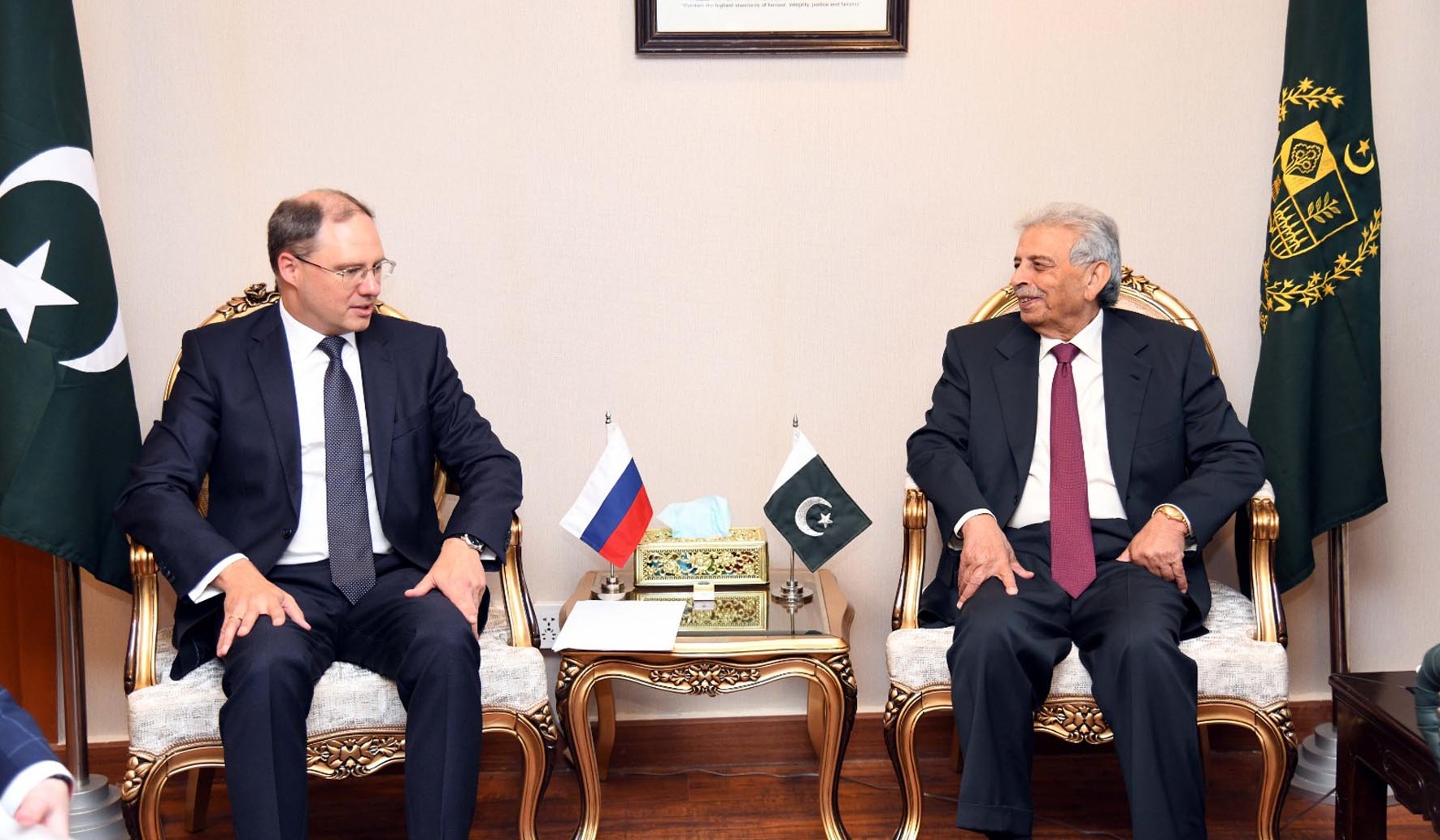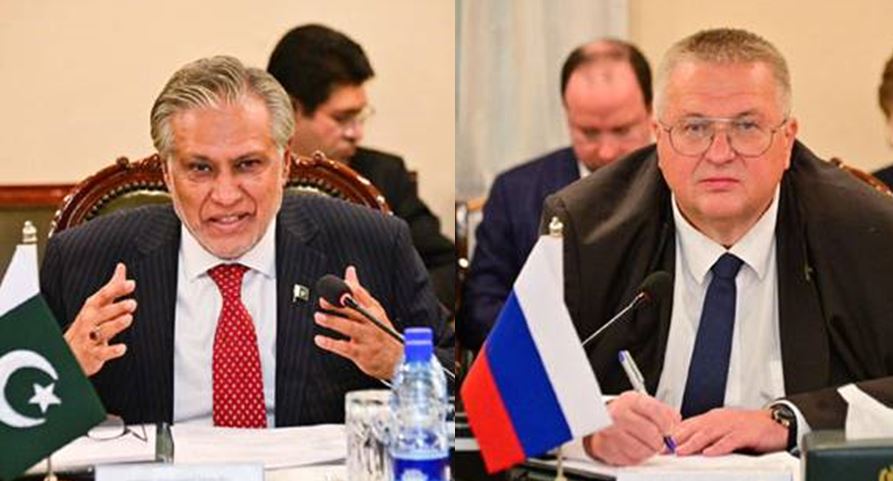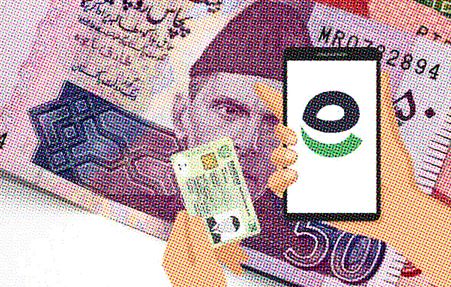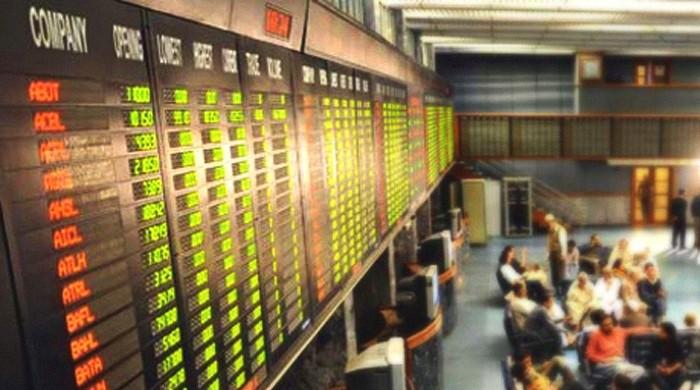ISLAMABAD:
Pakistan has assured the International Monetary Fund of a timely increase in electricity prices, including the recovery of pending generation costs totalling over Rs210 billion – a move that may help the power sector achieve financial viability but at people’s expense.
Islamabad has also assured the global lender that it stands ready to hand over the power distribution companies to the private sector under concession agreements – a pledge that marks the first but necessary policy departure by the Pakistan Muslim League-Nawaz (PML-N) government. Last week, Prime Minister Shehbaz Sharif constituted a committee to transfer these distribution companies to the provinces.
These assurances were given during the ongoing talks to reach a staff-level agreement for the release of the $1.1 billion loan tranche. Unlike in the past, this time the IMF did not encounter many issues while dealing with the Ministry of Energy.
Pakistan made these commitments to ensure the financial viability of the power sector. There is no particular requirement to increase the tariff solely for the sake of the last loan tranche, which will be disbursed next month subject to board approval.
The sources said that the Ministry of Energy apprised the global lender that Pakistan stands ready to implement the next annual base tariff adjustment. The Fund was told that the process to finalise the tariffs would be completed by June, and the adjustment would be made with effect from July.
It will be the third consecutive year that electricity prices would go up due to annual adjustments. During the past two years, the government had increased the average prices in the range of Rs7 per unit to Rs8 per unit. The annual adjustments are in addition to the monthly and quarterly price adjustments.
When contacted, an official of the Power Division said that it was premature to ascertain the exact quantum of the increase. He said that the power distribution companies have filed petitions with the National Electric Power Regulatory Authority (NEPRA), and any assessment can be made by the end of next month.
Government officials said that the level of circular debt and the amount of budget subsidies would be other determining factors for the price hike.
Read: Fertiliser industry urges uniform gas tariff
Despite multiple rounds of price increases, the electricity sector’s circular debt is around Rs2.7 trillion, including Rs378 billion added during the July-December period of this fiscal year.
The sources said that the IMF was also sensitive about the constant price hike. The Fund is now discussing measures with Pakistani authorities to reduce the cost of generation, including through power purchase agreement revisions.
The IMF pointed out the outstanding recoveries of over Rs210 billion on account of past power generation costs. The IMF was informed that the government was on track to recover the outstanding generation cost through the monthly and quarterly adjustments. Past recoveries will also be made through April tariff adjustments, they added.
The IMF also raised concerns about the government’s approach to the privatisation of the power distribution companies.
Pakistan authorities have assured the IMF that the government is committed to private sector participation in the management of the power distribution companies.
Last week, Prime Minister Shehbaz Sharif set up a committee for transferring 10 power distribution companies to provinces, which was not in line with last month’s decision of the Special Investment Facilitation Council (SIFC) that wanted to hand over those firms to the private sector.
During previous attempts to transfer ownership of power companies to provinces, only Sindh had shown willingness, and that too on the condition that the sector’s losses and obligations would remain the responsibility of the federal government.
The transfer of DISCOs to provinces will not solve the problem until it is decided to end the uniform tariff policy, under which an honest consumer of Islamabad pays for theft in Sukkur and Karachi.
The IMF was of the view that handing over the power distribution companies to provincial governments would not resolve the core issue of inefficiencies, the sources said.
However, the Fund was also concerned about any increase in electricity prices because of incentives to be offered to the private sector for investing in the distribution network.
The IMF has also asked Pakistan to hand over data related to the expiry of existing Power Purchase Agreements signed with various power generation companies. The IMF was of the view that any benefit arising out of expiry of the existing agreements should be used to reduce prices.
The IMF has also urged Pakistan to review its policy of providing locally subsidised gas to fertiliser plants – a policy that diverts resources away from the power sector, which relies on expensive imported gas and contributes to price increases.
Review talks are proceeding smoothly, and a staff-level agreement is expected next week.
Published in The Express Tribune, March 16th, 2024.
Like Business on Facebook, follow @TribuneBiz on Twitter to stay informed and join in the conversation.
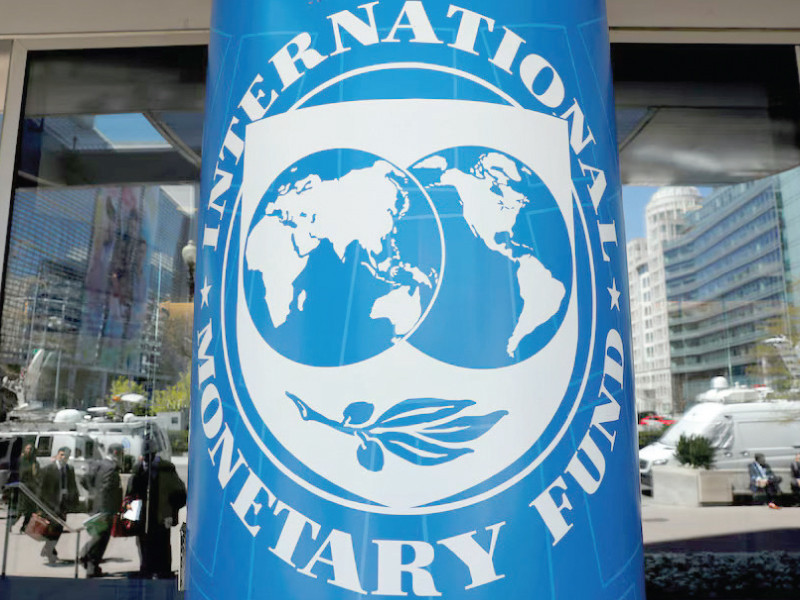

 Technology6 مہینے ago
Technology6 مہینے ago
 Pakistan7 مہینے ago
Pakistan7 مہینے ago
 Sports6 مہینے ago
Sports6 مہینے ago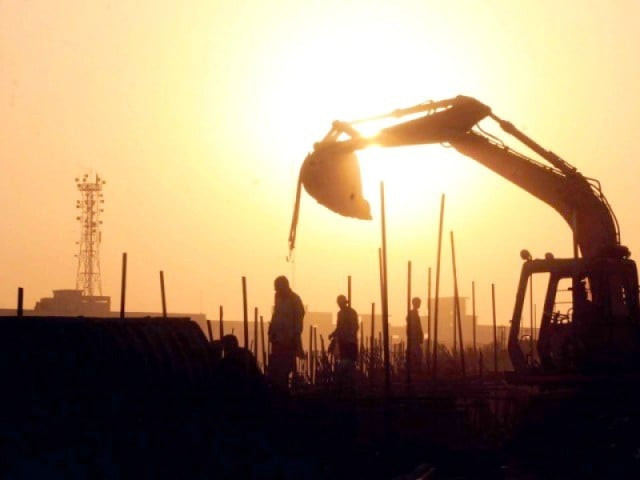
 Pakistan6 مہینے ago
Pakistan6 مہینے ago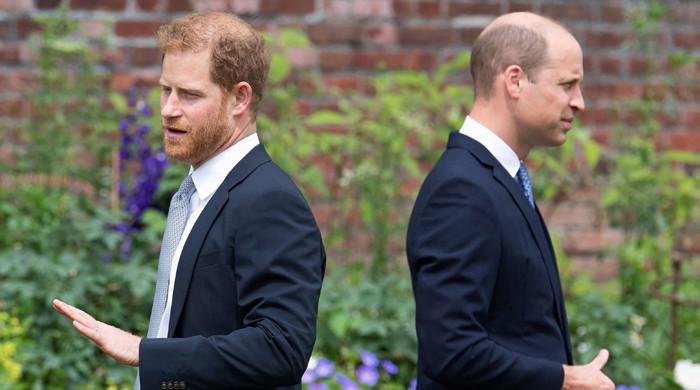
 Entertainment6 مہینے ago
Entertainment6 مہینے ago
 Pakistan6 مہینے ago
Pakistan6 مہینے ago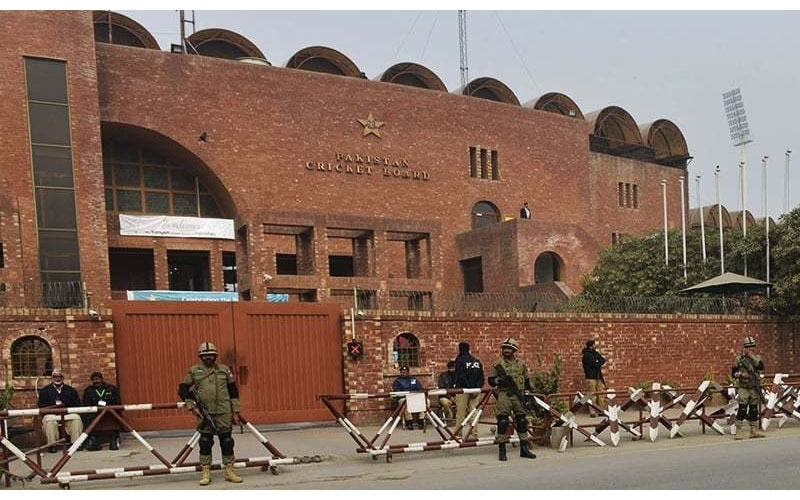
 Sports5 مہینے ago
Sports5 مہینے ago
 Pakistan6 مہینے ago
Pakistan6 مہینے ago
